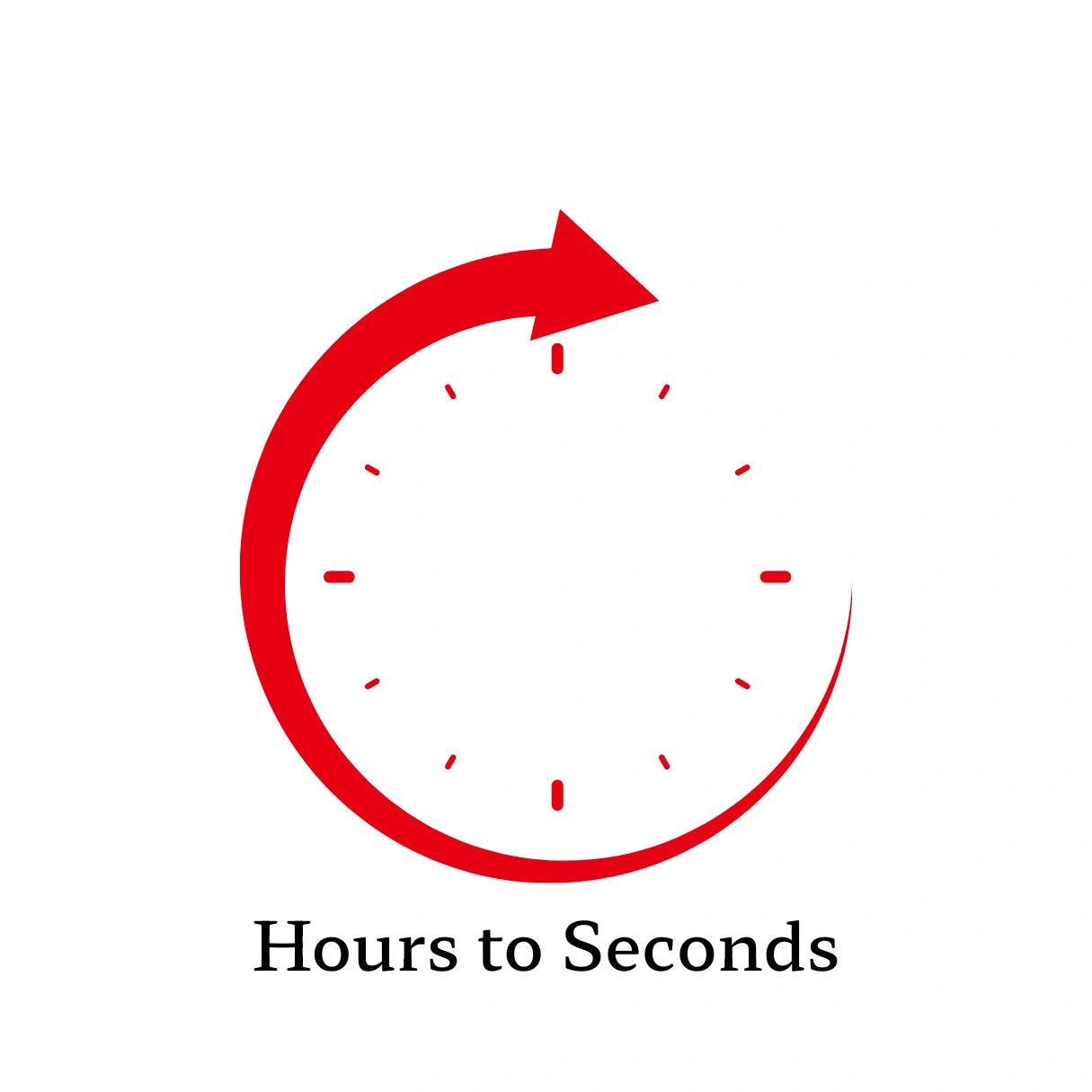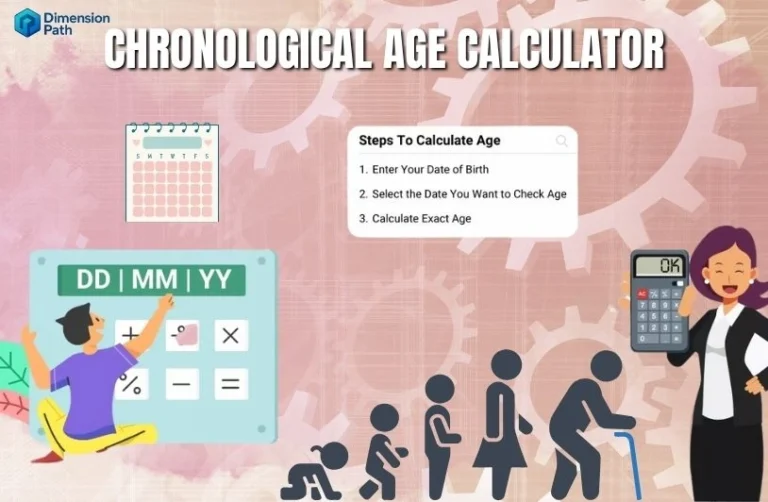86,400 Seconds in a Day: Everything You Need to Know
Seconds in a Day Calculator
How It’s Calculated:
Last Updated: August 1, 2025
Ever found yourself staring at the clock, wondering just how many seconds in a day tick by while you’re binge-watching your favorite series or procrastinating on that important project? You’re not alone! This seemingly simple question opens up a fascinating world of time calculations that’s more intriguing than you might think.
Whether you’re a curious student, a time management enthusiast, or someone who just loves mind-bending numbers, understanding the seconds in a day can give you a whole new perspective on how we experience time. Spoiler alert: the answer might surprise you more than you expect!
Disclaimer: This article is for informational and educational purposes only. While we strive for accuracy in all time calculations and scientific information, timekeeping standards and astronomical measurements can change. For precise scientific or professional applications requiring exact time measurements, please consult current official timekeeping authorities such as the National Institute of Standards and Technology (NIST) or the International Bureau of Weights and Measures (BIPM).
The Quick Answer (For the Impatient Souls)
Let’s cut to the chase – how many seconds are in a day? The standard answer is 86,400 seconds. But hold your horses! Before you close this tab thinking “mission accomplished,” there’s so much more to this story. The reality of time measurement is far more nuanced and fascinating than this simple number suggests.
Want to plan ahead? Check out How Many Weeks in a Year and keep your calendar on track.
Breaking Down the Math: From Hours to Seconds
The Traditional Calculation
To understand how many seconds in a day, let’s work through the math step by step:
- 1 day = 24 hours
- 1 hour = 60 minutes
- 1 minute = 60 seconds
So: 24 × 60 × 60 = 86,400 seconds
| Time Unit | Conversion | Calculation |
|---|---|---|
| Days | 1 | Base unit |
| Hours | 24 | 1 × 24 |
| Minutes | 1,440 | 24 × 60 |
| Seconds | 86,400 | 24 × 60 × 60 |
Why This Matters More Than You Think
Understanding the number of seconds in a day isn’t just academic trivia. It’s practical knowledge that can transform how you view time management, productivity, and even life itself. When you realize you have 86,400 fresh seconds every single day, it puts things into perspective, doesn’t it?
The Not-So-Simple Reality of Earth’s Rotation
Here’s where things get interesting (and slightly mind-bending). While we commonly say there are 86,400 seconds in a day, Earth doesn’t always cooperate with our neat mathematical models.
Leap Seconds: The Time Keepers’ Headache
Our planet’s rotation isn’t perfectly consistent. Sometimes, Earth decides to be a bit sluggish or speedy, which means astronomers occasionally need to add or subtract leap seconds to keep our clocks synchronized with Earth’s actual rotation.
Expert Insight: According to the International Earth Rotation and Reference Systems Service (IERS), leap seconds have been added 27 times since 1972, with the most recent addition in 2016. This means some days have actually contained 86,401 seconds!
Solar Days vs. Sidereal Days
When we talk about how many seconds are in a day, we’re usually referring to a solar day – the time it takes for the Sun to return to the same position in the sky. But there’s also the sidereal day, which is about 4 minutes shorter at approximately 86,164 seconds.
Fun Ways to Visualize 86,400 Seconds
Let’s make these seconds in a day more tangible with some entertaining comparisons:
If Seconds Were Money
Imagine you received $86,400 every morning, but any unspent money vanished at midnight. How would you spend it? This analogy, popular among motivational speakers, highlights how precious our daily allotment of seconds truly is.
The Heartbeat Connection
The average human heart beats about 100,000 times per day. That’s roughly 1.16 beats per second throughout your entire day – your heart is literally counting down those 86,400 seconds for you!
In the Blink of an Eye
You blink approximately 15,000-20,000 times per day. That means you’re “offline” for about 23 minutes of your precious seconds in a day just from blinking!
Time Zones and the Global Second Count
Here’s a mind-bender: while you’re experiencing your 86,400 seconds, people in different time zones are experiencing their own set of 86,400 seconds simultaneously. At any given moment, the Earth contains multiple “days” happening concurrently.
The International Date Line Paradox
The International Date Line creates situations where some places on Earth are living 24 hours ahead of others. This means that the number of seconds in a day is constant, but which “day” those seconds belong to varies dramatically across the globe.
Historical Perspectives on Daily Time Measurement
Ancient Civilizations and Time
Long before we could precisely count how many seconds in a day, ancient civilizations divided daylight and darkness into manageable chunks. The Egyptians used sundials, the Chinese developed water clocks, and various cultures created their own systems for tracking daily time.
The Evolution of Precision
The concept of dividing a day into 86,400 equal parts is relatively modern. Medieval Europe often used unequal hours that varied with the seasons – summer hours were longer than winter hours!
Practical Applications of Knowing Seconds in a Day
Computer Programming and Systems
Programmers frequently work with seconds in a day calculations, especially when dealing with timestamps, scheduling systems, and data logging. Unix timestamps, for example, count seconds since January 1, 1970.
Sports and Competition Timing
In competitive sports, understanding time down to fractions of seconds can mean the difference between victory and defeat. Those 86,400 seconds in an athlete’s training day are precious commodities.
Scientific Research
Researchers studying circadian rhythms, sleep patterns, and biological processes need precise understanding of how our bodies respond to the seconds in a day cycle.
The Psychology of Time Perception
Why Some Days Feel Longer
Ever notice how some days feel like they drag on forever while others fly by? This isn’t about the actual number of seconds in a day changing – it’s about how our brains perceive time based on novelty, engagement, and emotional state.
Time Management Insights
Breaking down your day into seconds in a day can provide powerful insights for time management. If you waste just 2 minutes checking social media every hour, that’s 48 minutes or 2,880 seconds of your daily allotment!
Cultural and Philosophical Implications
Different Cultural Approaches to Time
While the mathematical answer to how many seconds are in a day remains constant, different cultures have vastly different relationships with daily time. Some cultures are highly time-conscious (think German punctuality), while others have more flexible approaches to daily scheduling.
Philosophical Questions About Time
Ancient philosophers like Augustine pondered the nature of time itself. When we count seconds in a day, are we measuring something real, or just human constructs for organizing experience?
Technology and Modern Timekeeping
Atomic Clocks and Precision
Modern atomic clocks are so precise they wouldn’t lose a second for millions of years. This level of accuracy helps us define exactly what we mean by 86,400 seconds in a day.
GPS and Time Synchronization
Your smartphone’s GPS system relies on incredibly precise time measurements. Satellites need to account for relativistic effects that actually change how time passes – those seconds in a day tick slightly differently in space!
Time Conversion Table for Quick Reference
| Time Period | Seconds | Minutes | Hours |
|---|---|---|---|
| 1 Minute | 60 | 1 | 0.017 |
| 1 Hour | 3,600 | 60 | 1 |
| 1 Day | 86,400 | 1,440 | 24 |
| 1 Week | 604,800 | 10,080 | 168 |
| 1 Month (30 days) | 2,592,000 | 43,200 | 720 |
Making Every Second Count
Productivity Hacks Using Second Awareness
When you truly grasp that you have exactly 86,400 seconds each day, it can revolutionize your approach to productivity. Here are some strategies:
The 1% Rule: Improving by just 1% daily means optimizing about 864 seconds of your day – less than 15 minutes!
Micro-Learning: You can learn something new in just 300 seconds (5 minutes). That’s only 0.35% of your daily second budget.
Health and Wellness Applications
Understanding seconds in a day can improve your health routines:
- Exercise needs: Just 1,800 seconds (30 minutes) of movement can significantly impact health
- Meditation: Even 600 seconds (10 minutes) of mindfulness can reduce stress
- Sleep optimization: Quality sleep for 28,800 seconds (8 hours) improves the remaining 57,600 seconds
Environmental and Astronomical Factors
How Earth’s Changes Affect Our Day Length
Climate change, earthquakes, and even massive storms can slightly alter Earth’s rotation, technically changing how many seconds are in a day by tiny fractions. The 2004 Indian Ocean tsunami actually shortened our days by 2.68 microseconds!
The Moon’s Influence
Our Moon is gradually moving away from Earth, which is slowly lengthening our days. Billions of years ago, a day contained fewer seconds, and in the distant future, days will contain more than 86,400 seconds.
Conclusion
So, how many seconds in a day? While the standard answer remains 86,400 seconds, we’ve discovered that this simple question opens up a universe of fascinating connections between mathematics, science, culture, and human experience.
Understanding that each day gifts us exactly 86,400 seconds – no more, no less – can be both humbling and empowering. These aren’t just abstract numbers; they’re the building blocks of our lived experience, the currency of opportunity, and the framework within which all human achievement occurs.
Whether you’re planning your day, marveling at the precision of atomic clocks, or simply trying to make the most of your time, remember that those seconds in a day are finite, precious, and entirely yours to spend. The question isn’t just about how many seconds are in a day – it’s about what you’ll do with each one of them.
FAQs
Q: How Many Seconds in a Day?
A: A standard day has 86,400 seconds (24 hours × 60 minutes × 60 seconds).
Q: How Many Seconds Are in 1 Year (365 Days)?
A: Multiply 86,400 seconds by 365 days to get 31,536,000 seconds. For a leap year (366 days), add another 86,400 seconds for a total of 31,622,400 seconds.
Q: How is 1 Hour 3600 Seconds?
A: One hour equals 60 minutes, and each minute has 60 seconds. So, 60 × 60 = 3,600 seconds.
Q: Is a Day Exactly 86400 Seconds?
A: Usually, yes! But on rare occasions, a leap second can make a day 86,401 seconds long.
Q: How Many Seconds Are in a 24-Hour Day?
A: A 24-hour day has 86,400 seconds, assuming no leap seconds are added.








